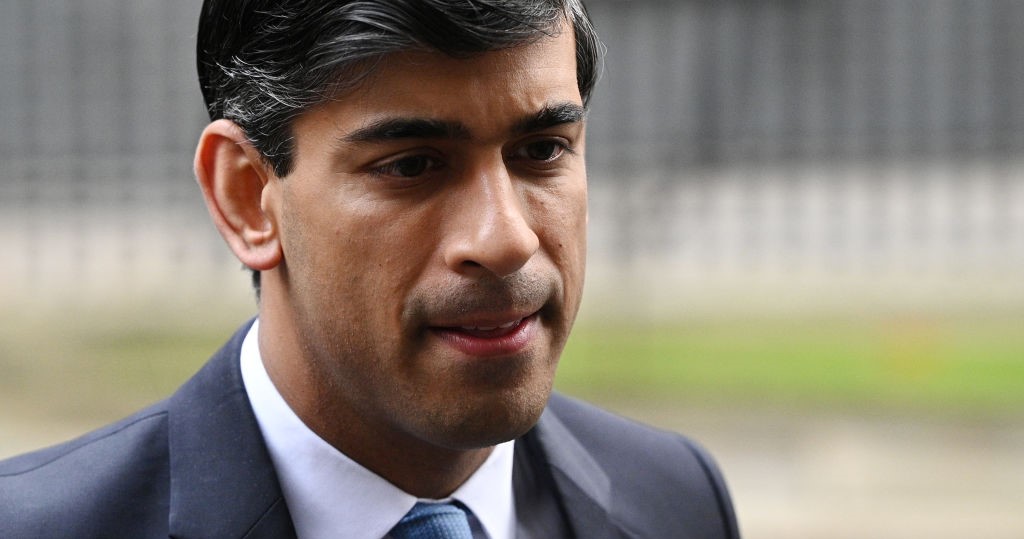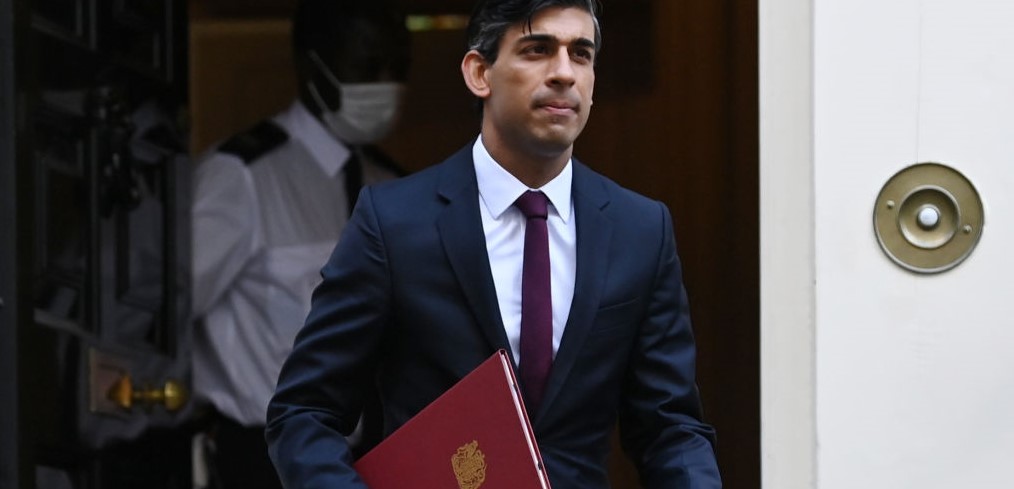Ripoff bosses
Just three companies have been prosecuted for paying below the minimum wage in the past two and a half years, despite the government naming and shaming 700.
Since February 2014 HM Revenue and Customs have weeded out 700 companies who have broken the law and collectively underpaid more than 13,000 workers around ÂŁ3.5m.
Â
Although the government has published the details of most of the 700 firms, just three – less than a quarter of a percent – have been taken to court, where egregious cases of deliberate non-compliance can be punishable with imprisonment.
Â
During 2015-2016 the amount of employees identified as being owed arrears because they have been paid less than the minimum wage more than doubled, from 26,000 in 2014-15 to 58,000, according to figures from the National Audit Office.
Commenting on the rate of prosecutions, business minister Margot James argued that court cases were expensive and meant employees often had to wait longer for their arrears to be paid. Margot also admitted, however, that the small number of prosecutions is “an issue that causes me concern.”
Labour MP Frank Field, chairman of the House of Commons work and pensions select committee, accused the government of “allowing employers to laugh at its attempts to raise the living standards of the poorest.”
Field asked, “Why isn’t it acting more effectively to enforce the minimum?”
Long arm of the law
While Unite is working to keep ripoff employers under pressure and in the spotlight – highlighted by union’s successful campaign to force Sports Direct’s to amend atrocious employment practises – assistant general secretary Steve Turner said rogue firms still need to feel the long arm of the law.
“These crooks are flagrantly, and often deliberately, violating the law and should be treated like the criminals they are — in courts, fined and imprisoned,” Turner said.
“Naming and shaming offending employers is a useful tactic, but without the real threat of prosecution it is at best a momentary cause of embarrassment, and, as we have learnt this week, can be avoided.”
Minimum wage court cases are one front in a larger conflict against widespread attacks on working people, in which the major battles will be fought elsewhere, Turner explained.
“This government is only interested in short term, sound bite politics; they want to look like they’re making an effort rather than actually doing anything. The answer to low pay exploitation and the growing inequality that accompanies it, is to of course enforce the law,” Turner said.
“But more importantly, we need to build and support strong, powerful trade unions and legislate to introduce a system of sector level collective bargaining to raise standards and end the obscenity of low pay, along with other forms of workplace exploitation.”
 Like
Like Follow
Follow


